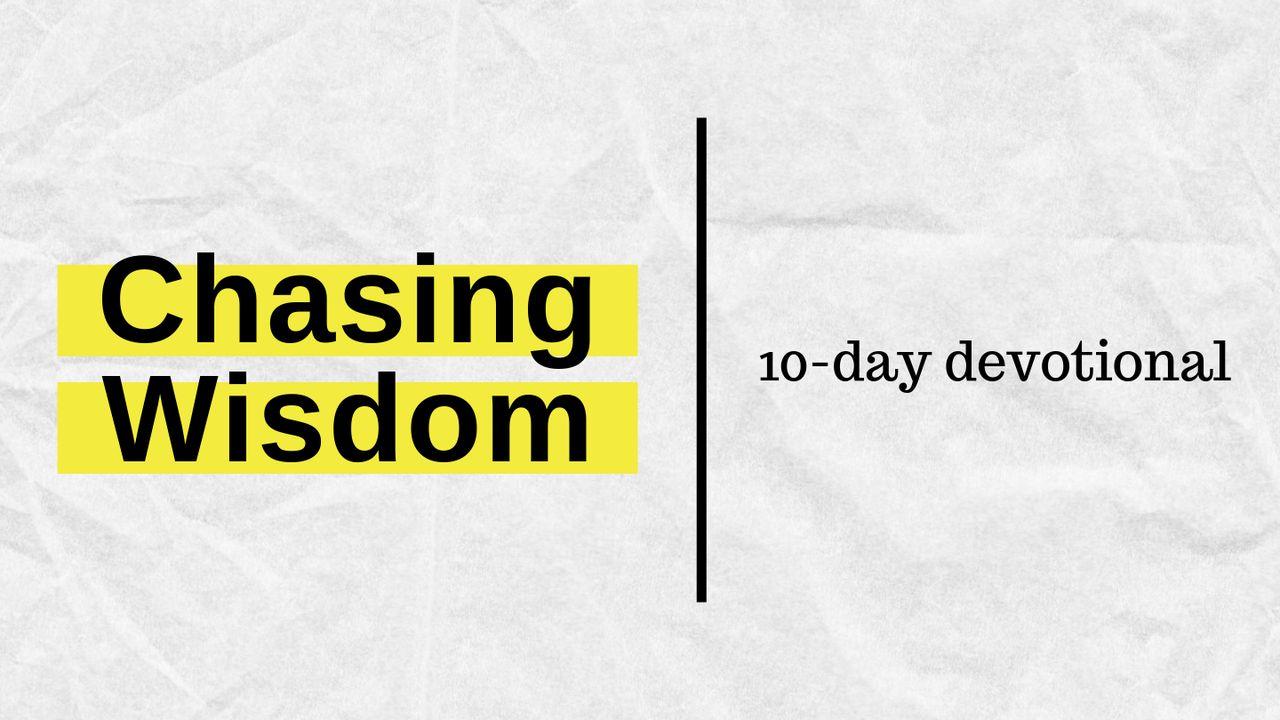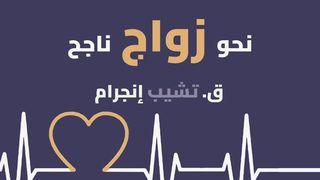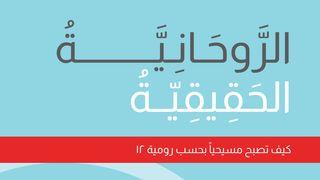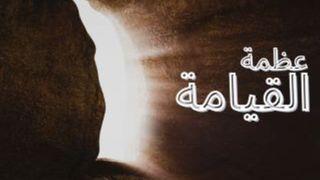معلومات عن خطة القراءة
Chasing Wisdom by Daniel Grotheعينة

Why is reading the works of “dead” writers so helpful? What do they have that contemporary writers don’t? What is the benefit? What does doing so do to us or train us to do? We submit ourselves to older writers because their counsel lives outside the conventional wisdom of our age. They speak to us, in essence, from a different world; they give us wisdom from a seasoned perspective. They have a hard-won wisdom to share with us that was born out of adversities our generation will never face.
Many of these ancient writers lived in dire poverty. Most of them never achieved renown in their own day but have only become known after their deaths, which ensures a purity of motive on the part of the writers. Many of these ancient writers were bi-vocational, working a job during the day to put food on the table while carving out time to write. Many lived in nations and cultures completely different from our own, so their experience and wisdom broaden our horizons and help us envision new possibilities, even as we live the lives God set us down in.
And think about what it took for their letters and papers to find their way to us. Think about the almost insurmountable odds of survival facing St. Thomas’s simple letters to became The Imitation of Christ . Think about what it must have taken for St. Augustine’s Confessions from the fourth century to survive the decay of a technologically impoverished world so that we could read them! But they did survive. That’s because a whole bunch of people thought their letters were worth preserving. Our ancestors saw their words as necessary directives, important clues for the human journey, and made sure to pass them on to us. Wisdom says we should read them.
عن هذه الخطة

Learn how to get wisdom for ourselves by examining what the Bible has to say about it and by providing practical steps for acquiring it.









